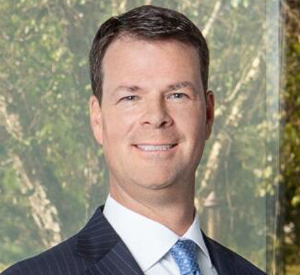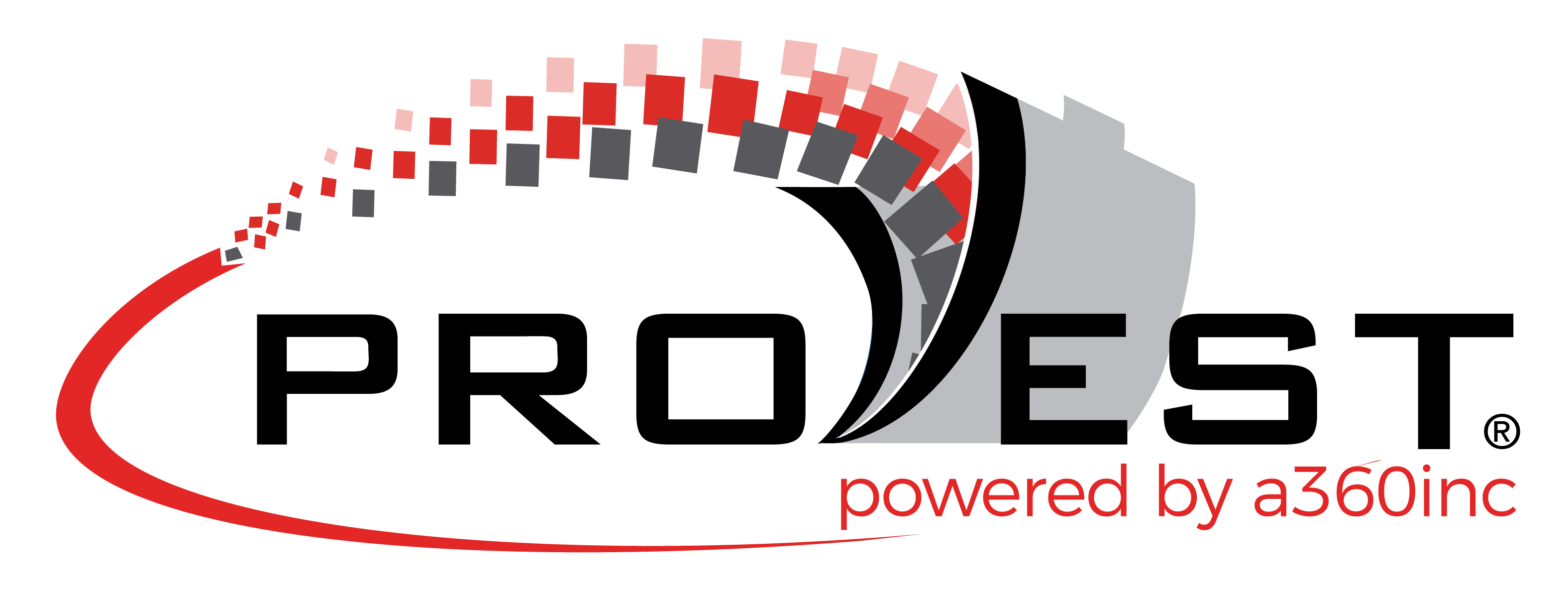What Lawyers Need to Know About AI
Legal Learning Webinar
This webinar has been canceled. It will be rescheduled for a later date, we will update this page once the new date is confirmed.
Artificial Intelligence is revolutionizing various industries, including its ethical integration into legal practices. Paul Fanning, a North Carolina Board Certified Specialist in Business and Consumer Bankruptcy Law and attorney at Ward and Smith, and Ellen Murphy a Professor of Practice at Wake Forest Law will demystify AI and provide practical insights to ensure your practice is ready to leverage its potential effectively. The presentation will commence by defining what AI entails and delving into its current significance. Following this, we'll explore its legal ramifications and strategies to steer clear of potential pitfalls. Concluding the session, we'll showcase AI in practical applications.
Learning Objectives:
- Understand the fundamentals of AI and the options available.
- Identify the relevant Rules of Professional Conduct that are implicated when using artificial intelligence in legal practice.
- Identify potential risks associated with the use of artificial intelligence in legal practice.
- Understand the most effective uses of AI in your everyday tasks.
- Demonstrate AI in real life scenarios for any attorney or professional.
Ethics CLE pending for this webinar.
 Paul Fanning
Paul Fanning
Ward and Smith, P.A.
Paul leads the Creditors' Rights practice and is certified by the American Board of Certification and the North Carolina State Bar as a Board Certified Specialist in Business and Consumer Bankruptcy Law. His practice experience encompasses bankruptcy, collections, creditors' rights, and lender liability. He concentrates his practice in the representation of creditors in complex bankruptcy cases and state court litigation, including workouts, collection reorganizations, and contested matters.
Paul has represented lenders, trade creditors, farm equipment manufacturers, community associations, contractors and telecommunications companies in various reorganization proceedings, including commercial real estate, manufacturing, and wholesale and retail transactions. He has extensive experience in state court foreclosures and receiverships and other aspects of creditor-debtor litigation, including appellate advocacy.
 Ellen Murphy
Ellen Murphy
Wake Forest Law
Ellen teaches legal ethics, including Professional Responsibility courses for JD students and Unauthorized Practice of Law courses for nonlawyer professionals. She is a co-author on several legal ethics texts, a member of the NC State Bar Ethics Committee, and a subject-matter expert for the Multistate Professional Responsibility Exam. She also serves on the ABA's Standing Committee for the Public Protection in the Provision of Legal Services.
Ellen served as Wake Forest Law's first Associate Dean of Strategic Initiatives and first Assistant Dean of Instructional Technologies and Design. An online teacher since 2009, she was the chief administrative and curricular architect of the school's online Master of Studies in Law, the law school's first fully online degree.
A native of Eastern North Carolina, Ellen has a BS in Agribusiness and is getting an LLM in Agriculture and Food Law at the University of Arkansas (Fayetteville). She is a board member at Blue Ridge Women in Agriculture (BRWIA), a nonprofit that serves the North Carolina High Country. Prior to joining Wake Forest Law, Ellen was a United States federal appeals court clerk (The Honorable Frank J. Magill, 8th Circuit), a corporate lawyer, and the Executive Director of the Massachusetts Lawyer Assistance Program. She is a 2002 graduate of Wake Forest Law, where she served as Editor in Chief of the law review.
CLE Information
National Creditors Bar Association is a national provider of legal educational content. NCBA’s goal is to provide its members with as many opportunities as possible to earn Continuing Legal Education (CLE) credits. Some NCBA webinars state that they are pending approval. If a webinar is pending approval, it means that NCBA’s education staff is awaiting confirmation of approval for CLE credit from the accrediting body of a particular state; it should be noted that individual states have different response and approval rates. NCBA expects that the course will be approved for the credit amount and type listed, but approval is not guaranteed. An attorney can still take the course at their own discretion, though.
It is not uncommon for a course which is pending approval to not be approved until after the webinar has taken place. Once an official decision notice arrives from the state, NCBA will notify attorneys who have completed the course as soon as possible via email, and will re-issue any certificates of completion to reflect the updated state reporting numbers. However, it is recommended that attorneys do not view webinars that are pending approval close to their CLE deadline, as NCBA cannot guarantee that a course will be approved in time.
National Creditors Bar Association will seek MCLE accreditation, with the assistance of the ABA MCLE, for this webinar. NCBA will seek General CLE credit hours in 60-minute-hour states, and in 50-minute states, subject to each state’s approval and credit rounding rules. States typically decide whether a program qualifies for MCLE credit in their jurisdiction 4-8 weeks after the program application is submitted. For many live events, credit approval is not received prior to the program. A link for CLE requests will be provided to webinar attendees who have met the attendance and engagement requirements.

